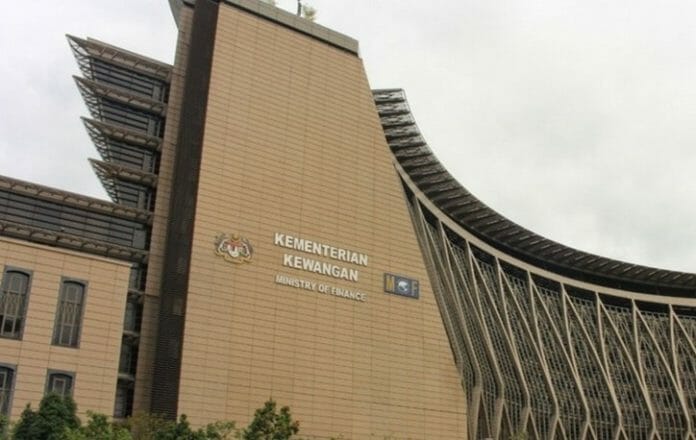The Institute for Democracy and Economic Affairs (IDEAS) welcomes the significant commitment from the government to improve public financial management with the tabling and enactment of the Public Finance and Fiscal Responsibility (PFFR) Act. The provisions of the Act outline the government’s commitment to promote equitable growth in the economy as well as working towards sustainable, policy-based fiscal planning.
The Act spells out the Minister of Finance’s responsibility to ensure fiscal sustainability and stability. The Act also institutionalises the publication of vital information for budget documents that are usually laid before the parliament on budget day. The government’s Economic and Fiscal Outlook documents have been part of the budget process and laid before the Parliament during the budget day, the Act now makes this practice mandatory.
“New Zealand, Brazil, and the United Kingdom are among countries that have implemented fiscal responsibility laws with strong accountability measures, leading to better budget planning and improved fiscal outcomes. This law is a significant step towards improving our public financial management and ensuring budgets are justified to Parliament through sound economic planning,” said Sri Murniati Yusuf, Deputy Director of Research, IDEAS.
“We note two key enhancements to fiscal discipline: the requirement to publish a Mid-Year Expenditure Performance Report (Laporan Prestasi Perbelanjaan Pertengahan Tahun), and the requirement to publish fiscal risk statement”, continued Sri Murniati. “The mid-year expenditure report, a document disclosing the national budget’s performance halfway through the year, is a key recommendation from IDEAS’ work in the Open Budget Survey.”
“On fiscal risk, the government has made an important step towards managing off-budget liabilities. The Act includes a limit to providing guarantees to government entities, and also includes public-private partnerships in the consideration of fiscal risk. Furthermore, mitigation plans for troubled entities must be laid to Parliament.”
Unfortunately, the entities covered by the Act only refers to statutory bodies and companies under MOF Inc and companies incorporated under the Trustee (Incorporation) Act 1952. These entities are required to submit financial statements to the Treasury. Other GLCs under the control of statutory bodies reporting to other line ministries are not included. IDEAS said it hopes to see better guidelines for the management of the wider segment of GLCs as well, which could be formulated in a separate governing law for GLCs.”
IDEAS also welcomed the involvement of Parliament in approving fiscal adjustment plans, in a situation where fiscal objectives are not achieved. However, the act could be stronger on transparency and accountability measures; in this case, the Act should provide better access for the parliamentarians to scrutinise various mid-term fiscal strategies. Although the Act highlights the obligation of the Minister of Finance to present key budget reports before Parliament for oversight, some provisions for key information do not require laying out to Parliament. For example, there is no requirement for the mid-year expenditure performance report to be laid out in parliament, which reduces the possibility that it would be brought to the attention of MPs for debate. Also, while the Minister is required in Section 16 to formulate a policy on debt management, there is no corresponding requirement to disclose this policy in detail in the budget documents.
“The Act represents an encouraging start for fiscal responsibility, and it will need to be reviewed frequently to determine its impact on fiscal discipline,” said Sri Murniati. “However, we also call for the House of Representatives to devote more time to ensuring that reform bills in particular are given more holistic consideration, where suggestions for improvement by backbenchers and opposition should be considered,” said Sri Murniati. “While the tabling of the bill is a positive development, the time for deliberation is too short, and meaningful deliberation should be allowed for any reform bill,” ends Sri Murniati. It is also hoped that this Act will send a positive message to the markets and encourage the government to better utilise the PSSCs to ensure fiscal accountability.









